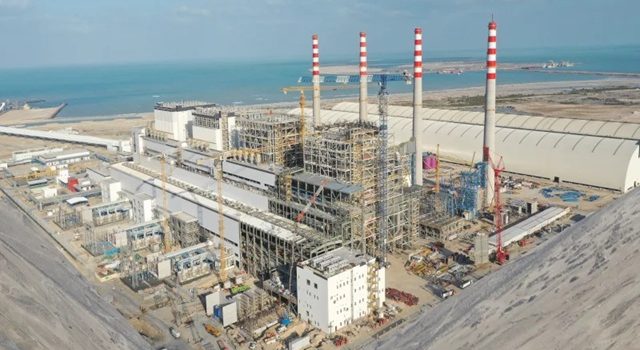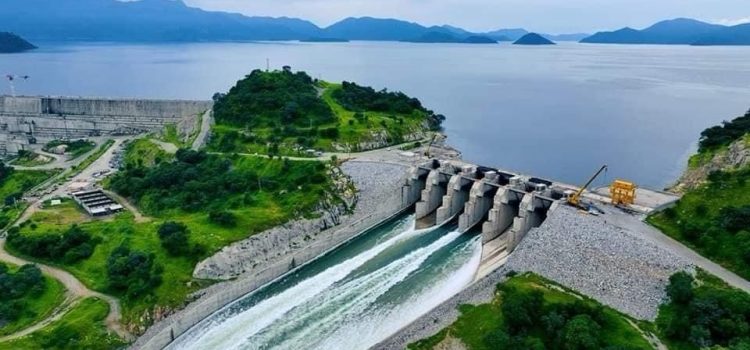
Targeting UAE AI and Net Zero Strategies, Abu Dhabi National Energy Company (TAQA) together with Emirates Water and Electricity Company (EWEC), today announced the development and implementation of new energy infrastructure projects. The transformative collaboration includes TAQA signing a 24-year Power Purchase Agreement (PPA) with EWEC to build, own, and operate the 1-gigawatt (GW) Al Dhafra Open-Cycle Gas Turbine (OCGT) project in the UAE.
With 100 percent ownership, TAQA is leading the OCGT project and will undertake the operation and maintenance (O&M) of the plant. In addition, TAQA Transmission, part of TAQA Group, will develop advanced power grid infrastructure to integrate the additional generation capacity to new sources of energy demand, enabling access to reliable power with a low carbon footprint.
The projects will support the recently announced EWEC and Masdar world-first project that will enable renewable energy to be dispatched 24 hours a day seven days a week, reaffirming the UAE’s position as a global pioneer in renewable energy deployment and low-carbon infrastructure. Delivering up to 1GW of baseload power every day generated from renewable energy, it will be the largest combined solar and battery energy storage system (BESS) in the world.
The collaboration between EWEC, TAQA, and Masdar, will drive investment of around AED36 billion in energy supply infrastructure in Abu Dhabi with around 75 percent of that to be invested in renewable and conventional power generation. The remaining 25 percent will be invested in grid infrastructure, which will be added to the regulated asset base and will receive the regulated return.
Jasim Thabet, Group CEO and Managing Director of TAQA and Vice Chairman of Masdar, said, “Providing reliable low-carbon power plays an important role in enabling the global energy transition. Through our expertise in power generation and transmission, and as the largest shareholder in Masdar, TAQA plays a central role in advancing clean energy solutions in the UAE, and we remain committed to ensuring reliable, low-carbon power at all times. As a champion of low-carbon power and water, we are proud to be a part of these world-class projects alongside our partner EWEC.”
Ahmed Ali Alshamsi, Chief Executive Officer of EWEC, said, “EWEC is pleased to partner with TAQA on transformative initiatives that will not only power the UAE’s AI ambitions but also accelerate the nation’s energy transition. By creating a future-ready energy framework that integrates next-generation renewable energy technologies and advanced transmission solutions, this collaboration is setting a new global benchmark for sustainable energy systems that balances sustainability with operational excellence. As the UAE transitions into an AI-powered future, we are creating the foundation for a future where advanced technologies can flourish, while meeting the country’s forward-thinking environmental and economic goals.”
ADQ and Energy Capital Markets invest $25.6 billion in energy projects in USA
This comes weeks after Abu Dhabi’s sovereign wealth fund ADQ joined forces with U.S. private equity firm Energy Capital Partners (ECP) to invest over $25 B in energy projects aimed at powering data centers, primarily in the United States. The investment, structured as a 50-50 partnership, will support the development of 25 GW of new power generation and energy infrastructure. The collaboration is designed to meet the rising energy demands of data centers, hyperscale cloud providers, and other high-consumption industries.









